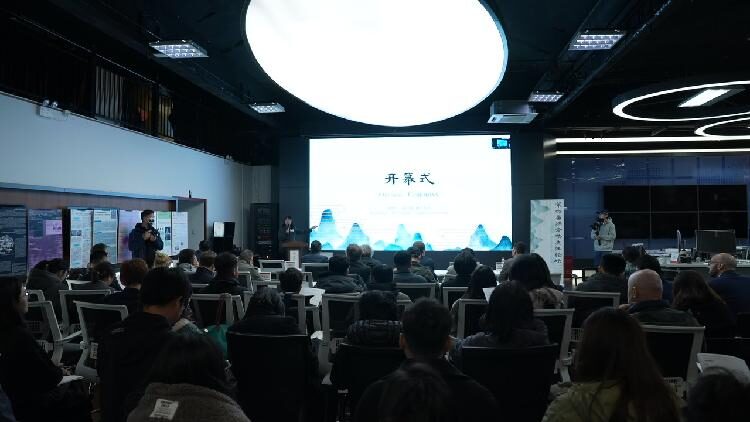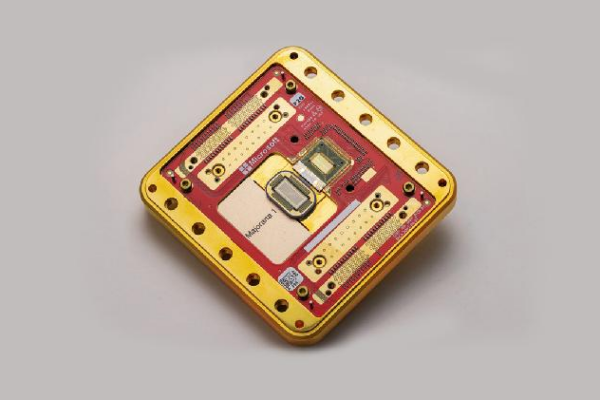In a compelling call to action, leading scholars have urged a fundamental reevaluation of humanity’s relationship with emerging technologies like artificial intelligence (AI) and quantum computing. At the 6th Media Materiality Forum hosted by Tsinghua University’s School of Journalism and Communication in Beijing on Saturday, experts emphasized the need for technological progress to align with ethical frameworks, cultural diversity, and planetary sustainability.
Professor Liu Hailong from Renmin University of China and Professor Jens Schröter from the University of Bonn, keynote speakers at the event, highlighted the societal and ecological impacts of viewing technology merely as tools or revolutionary advancements. Both scholars criticized the instrumentalist approach to technology, advocating instead for a holistic perspective that considers the interconnectedness of humans, technology, and nature.
Comparing different philosophical approaches, Professor Liu noted, “Western perspectives often see technology as a neutral tool, while East Asian philosophies emphasize harmony between humans, tools, and nature.” He cautioned against the illusion of infinite computational growth, pointing out the significant energy consumption and electronic waste associated with AI technologies.
Professor Schröter echoed these concerns, discussing the implications of quantum computing. “While quantum computing promises faster problem-solving, it also poses risks to data privacy by potentially cracking current encryption systems,” he explained. He criticized the rhetoric of revolution surrounding new technologies, suggesting that society should think in terms of evolutionary transformation instead.
On the topic of AI, both experts dismissed binary narratives that frame AI as either wholly beneficial or detrimental. Professor Liu stressed that AI’s perceived creativity is inherently dependent on human input. “Machines process data, but humans define the questions and purposes,” he remarked. Professor Schröter discussed how generative AI disrupts education and creative industries, noting that while it can enhance productivity, it also threatens jobs in fields like law, music, and content creation.
Despite their differing cultural perspectives, the scholars agreed on the necessity of inclusive, cross-disciplinary collaboration. Professor Liu proposed integrating non-human actors—such as animals, ecosystems, and energy flows—into media studies to better understand the ripple effects of technology. Professor Schröter called for public participation in shaping the trajectory of AI, urging society to engage in discussions about “what technologies we need, what technologies we want, and in what form.”
The forum underscored a growing recognition that as technology continues to advance rapidly, it is imperative to ground its development in ethical considerations and sustainability to ensure a harmonious future for both humanity and the planet.
Reference(s):
Scholars urge rethinking tech's role in human and planetary futures
cgtn.com








